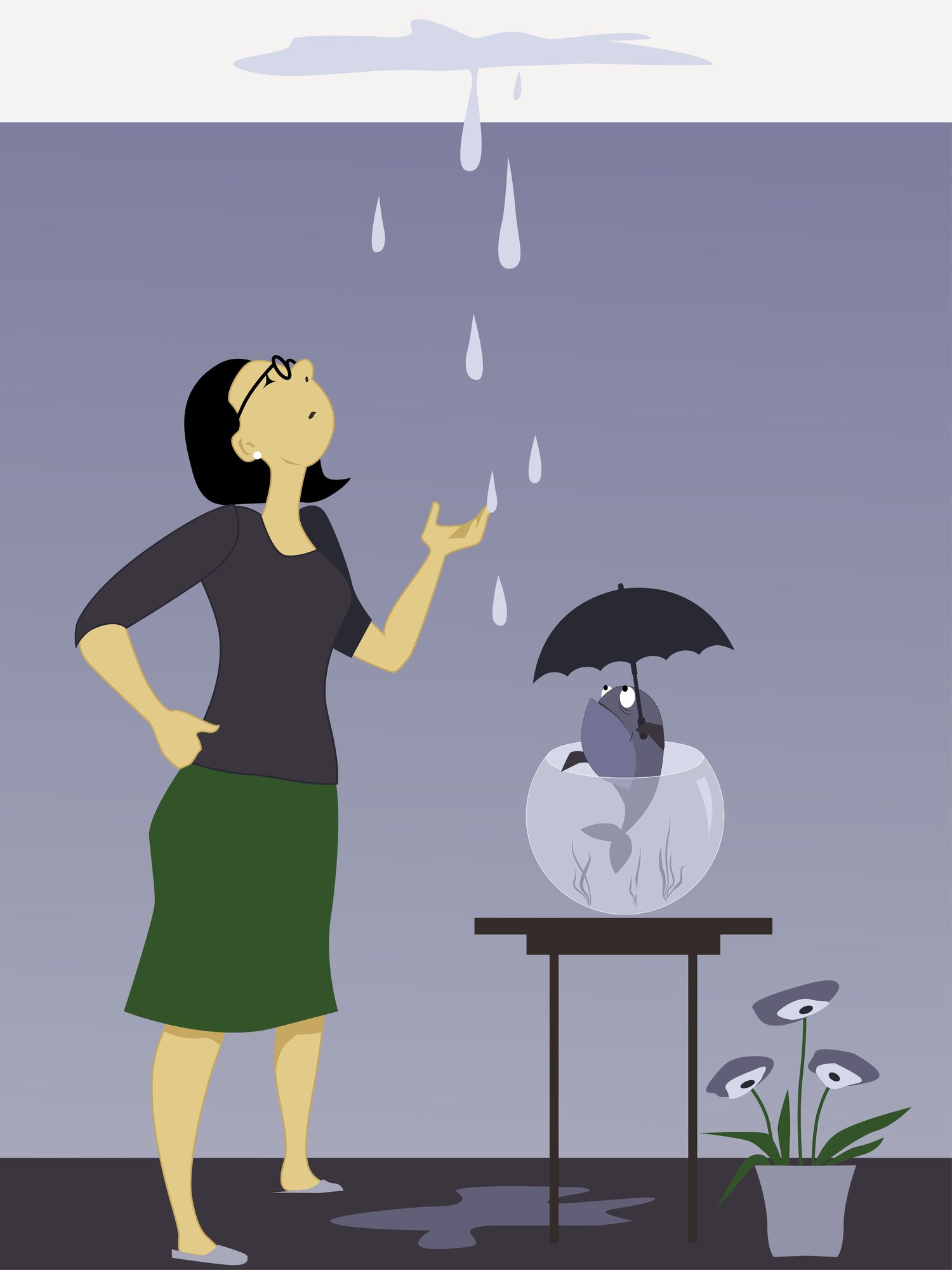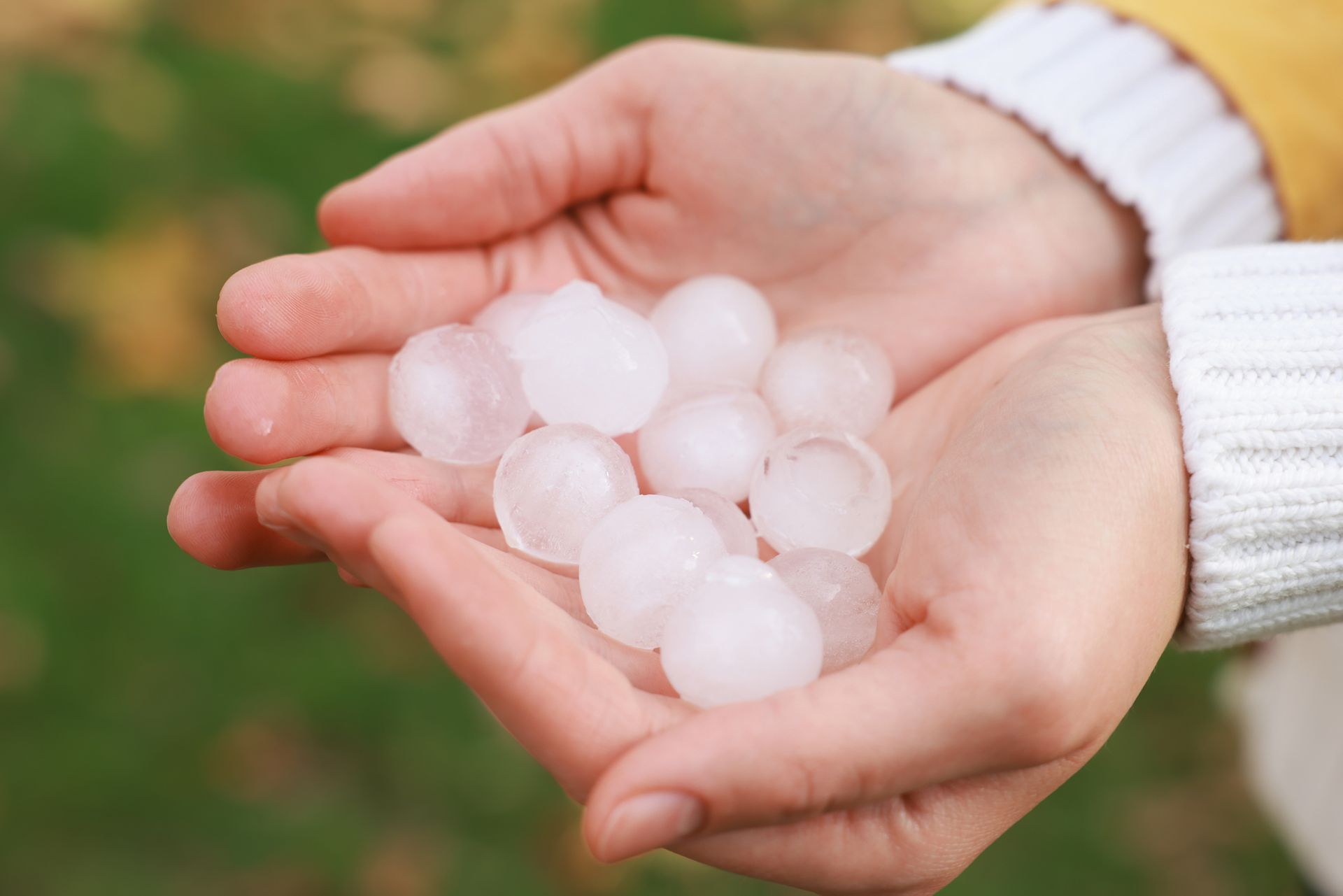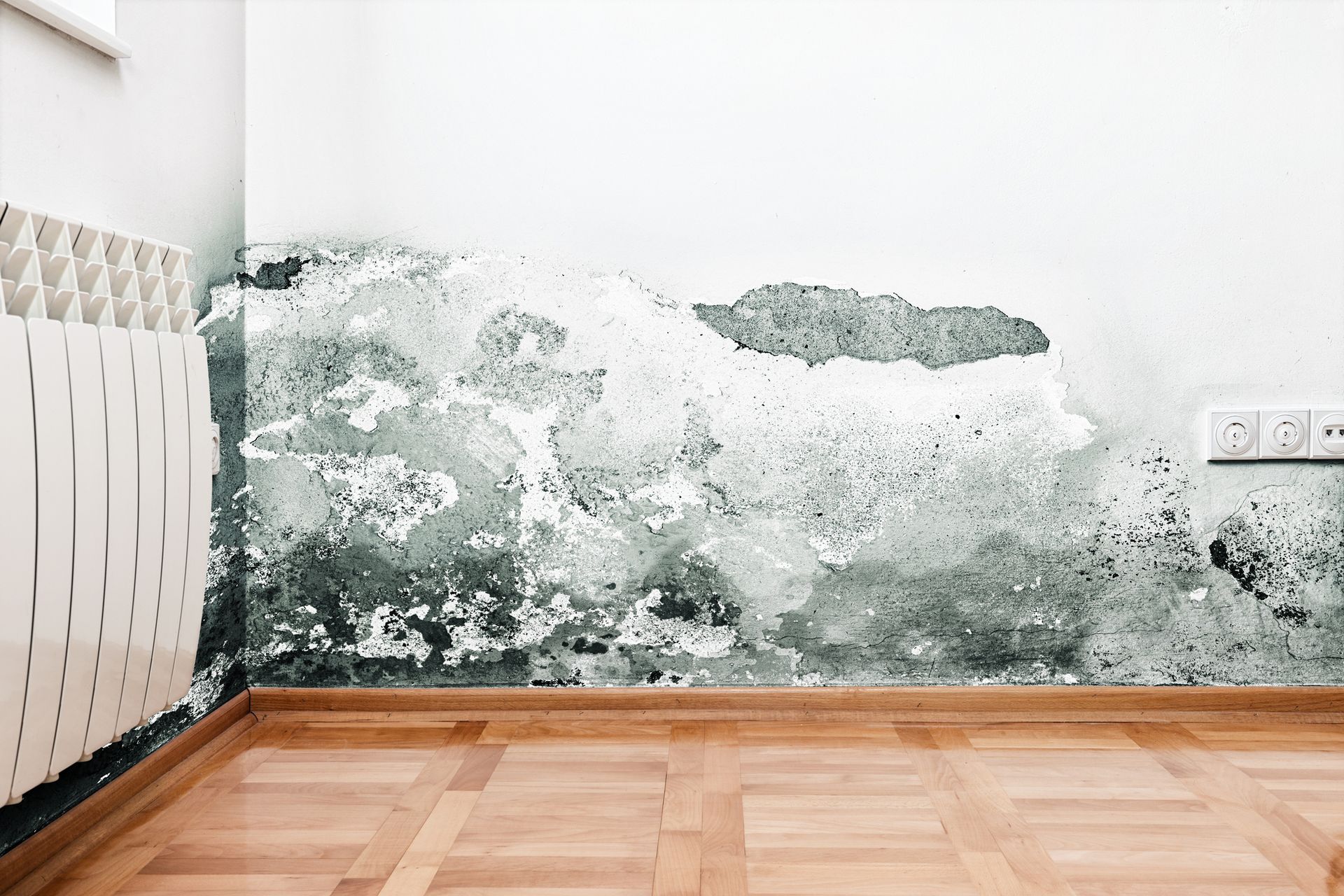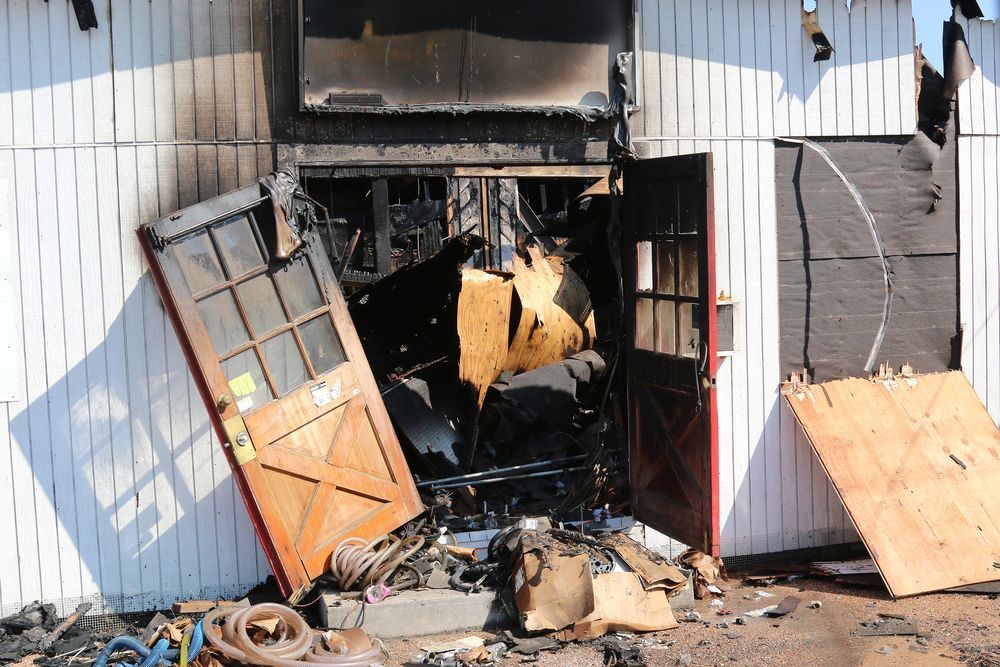Difference Between Allergies
Difference Between Allergies -Peyton, CO

Have you experienced seasonal allergies recently, such as runny nose, itchy throat, and sneezing? Most seasonal allergies last for only a short time, but if you are still experiencing symptoms, you probably have a mold allergy.
Seasonal vs. Mold Allergies
Many of the symptoms of seasonal allergies and mold allergies are the same. Despite this, each can be distinguished from the other. A seasonally-induced allergy occurs between late February and early September, but mold allergies do not have a season.
In addition, seasonal allergies are more likely to affect people who have their windows open or spend more time outside. In contrast, mold allergies typically occur in people who keep their windows closed and stay indoors. It is most common for mold allergies to manifest themselves in laundry rooms, basements, and kitchens, which are common areas for mold growth.
How to Prevent Seasonal Allergies
Seasonal allergies can be prevented yourself. Keep indoors during windy, dry weather to prevent pollen exposure. If there is high pollen content outside, you'll normally notice it. Because of this, it would be prudent to avoid going outside.
Hire someone to do your gardening for you or wear a mask when working in your garden. If possible, keep your windows and doors closed, especially during the pollen season. Additionally, you should use High-Efficiency Particulate Air (HEPA) filters.
How to Prevent Mold Allergies
Mold allergies can be prevented with these tips. Cleaning and disinfecting your bathroom with bleach once a month is a good idea. Cleaning your tub, your shower, the windowsills, and the shower curtains should be the first priority.
It is also recommended that exhaust fans be installed in bathrooms, laundry rooms, and kitchens to eliminate excess moisture. Make sure there are no leaks under the sink as well. Mold can grow in standing water. So, be vigilant.
Purchase a dehumidifier and set it to 50% humidity in damp areas of the house. Mold allergies aren't just confined to indoor areas. As a result, you need to know how to stay safe when outdoors. Keep your yard and gutters free of organic debris to prevent mold growth.
These are a few tips you can use to prevent seasonal and mold allergies. However, it's important to know which allergy you have, which is why you should check with your doctor first. When you find out what your allergies are, you may be able to prevent them, and if you have a mold allergy, then the mold on your property should be removed as soon as possible. When you hire the right mold removal company, you can prevent allergy flare-ups and improve the quality of indoor air.
In Peyton, CO, we have mold abatement specialists who can assist you. Mold remediation services are available from Restoration1 of Peyton to eliminate the source of the allergy. Get in touch with us today!












